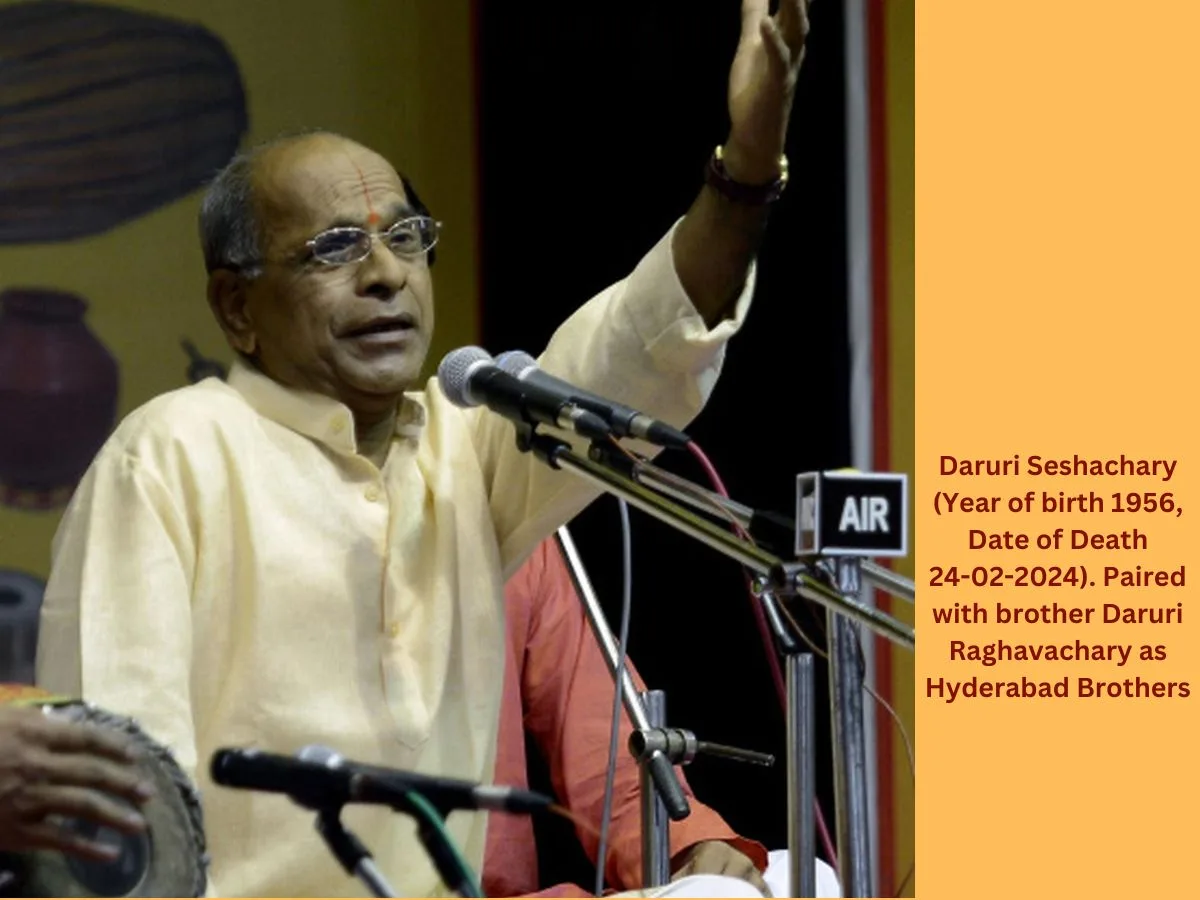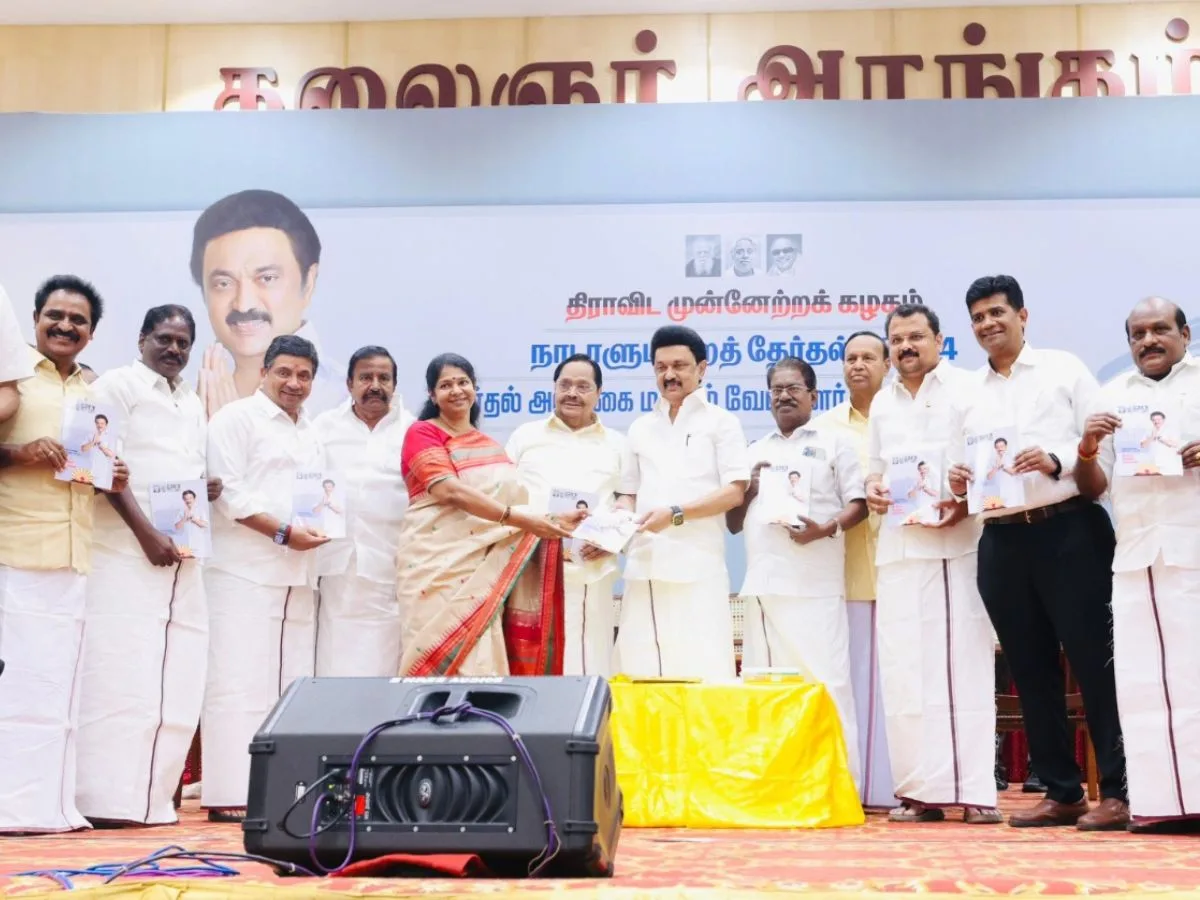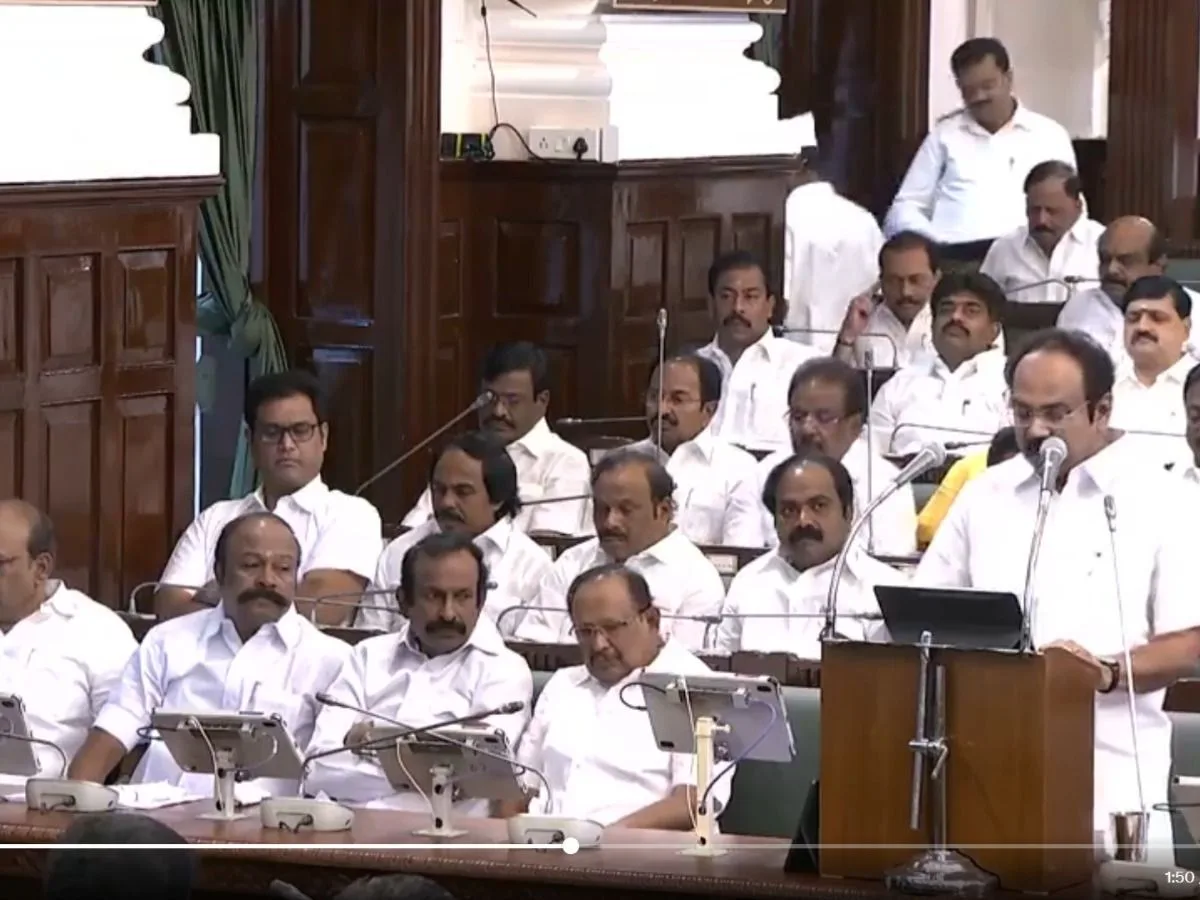Read in : தமிழ்
Meghana held out her hands and clapped. “Why are you people doing this?” she yelled. Transgenders often clap while they are in a group to draw attention and ask for money. She wasn’t there to beg, she told Inmathi six days later. She was at the Tuticorin collectorate, demanding that the Sterlite copper unit be shut down permanently.
Meghana was not just one among the thousands of protesters on May 22. In a march that included women and children, transgenders were at the very forefront – the first line of marchers that sometimes unsettled policemen, if only briefly.
The anti-Sterlite protests were initially spearheaded by fishermen but have, over the years, drawn members of other communities too. Villagers from many different communities joined the 100-day protest that started with the village Kumarettiapuram near the factory. In a sign that support to the movement is near-total in the region, the disabled and the transgenders too pitched in.
“We wanted to show everyone here and to the whole world that we are part of the community,” says Meghana.
Meghana recalls going to Kumarettiapuram on the third day of the protests. She says the villagers welcomed their presence and requested their support in the coming days. She and her transgenders have been part of many delegations to meet officials and press their case.
On May 22, as the fisherfolk gathered at the Our Lady of the Snow church, Nitya and seven others went there at 4am. She slowly saw more people trooping in. “It was our decision to be at the front. We are also Tuticorin natives,” says Nitya.
As the police tried to stop protesters at various places and protesters broke through the police barricades, the transgenders kept their position and continued to proceed. Through the lathicharge, stone-throwing and teargas, they persisted and went inside the collectorate where a young girl, later identified as Snowlin, 18, fell down with blood spluttering all over.
Meanwhile, Rathi, whom Meghana identifies as her transgender daughter – transgenders adopt each other as their daughter, sister and even grandchildren to help stay close and bond with each other – had come in her scooter. Rathi and Meghana rode to the collectorate where Meghana was standing near a sugarcane juice vendor while Rathi went in with the protesters.
As people started rushing out due to the firing, protesters overturned a police jeep, says Meghana. Her scooter too was picked up by protesters but one of them, realizing his mistake, told Meghana: “Akka (sister), sorry for taking your scooter too.”
Meghana, Rathi and Nitya got on to the scooter and fled the scene. They got to a spot near their house where they could have some water. “That’s when I broke down and cried,” recalls Meghana.
Meghana recalls going to GH later in the afternoon where she tried to help out and arrange medicines for the injured. She says attitudes towards transgenders have changed over the years. “In Tuticorin, we are respected,” she says, adding that the participation of transgenders in the jallikattu protests had enhanced their standing in the eyes of the broader community.
Meghana says the way transgenders live – in a tightly-knit society that emphasizes bonding – makes them ready to support others if there is a need.
“If our (original) family members see us on television, taking active part in agitations, they become more accepting of us,” she adds.
(After speaking to us for the article, the transgenders said they got calls saying they have been too vocal in the protest and requested that their names be changed. They also asked that the photos and videos we shot of them not be used)![]()
Read in : தமிழ்











